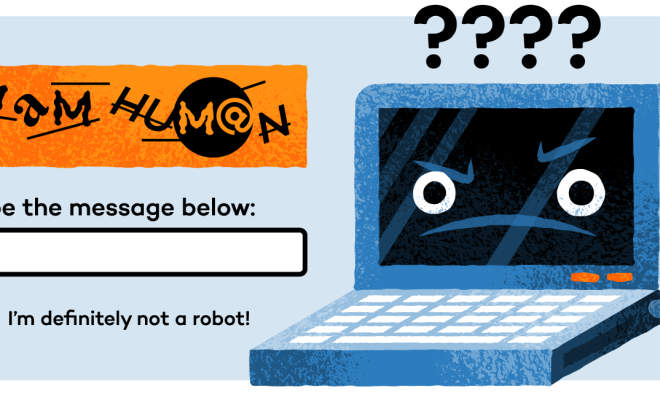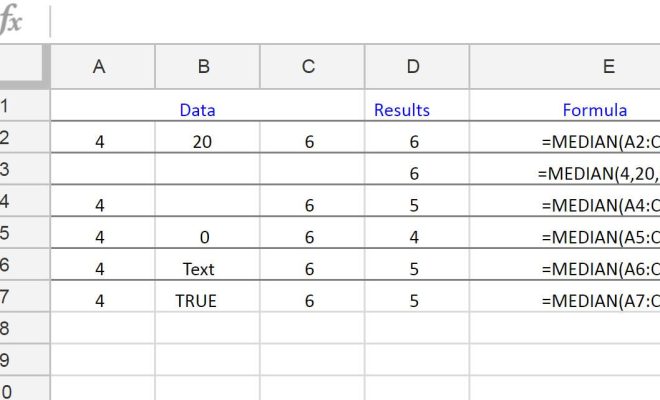What’s the purpose of CAPTCHA technology and how does it work?

CAPTCHA technology has become a prevalent tool in today’s digital world. It provides various benefits to businesses and individuals as it ensures more secure online transactions and protects against cyber attacks. CAPTCHA plays a vital role in preventing bots, hackers, and automated programs from adversely affecting websites, resources, and data.
What is CAPTCHA?
A CAPTCHA is a type of security technology that prevents bots or automated programs from accessing or performing operations on websites, applications, or online systems. The acronym CAPTCHA stands for Completely Automated Public Turing test to tell Computers and Humans Apart.
The purpose of CAPTCHA technology is to provide a challenge-response mechanism, which distinguishes humans from bots. CAPTCHAs rely on the user’s cognitive and physical behavior, such as the ability to read and enter characters, solve puzzles, perform mental arithmetic, or recognize objects in images.
How does CAPTCHA work?
CAPTCHA technology works by presenting users with a challenge-response scenario that only humans can solve. The most popular CAPTCHA method is image-based verification, which requires users to identify and type in the letters or numbers displayed in a distorted image.
CAPTCHAs use a variety of techniques to make image recognition difficult for bots, including image distortion, noise, background clutter, or warping of fonts. In some cases, CAPTCHA also uses audio-based tests, which require users to listen and type in the spoken words or numbers.
CAPTCHA technology also uses machine learning algorithms and data analysis to improve the detection and prevention of automated programs. CAPTCHAs analyze user behavior patterns, such as mouse movements, typing speed, or IP addresses, to identify suspicious activities and prevent attacks.
Purpose of CAPTCHA technology
The primary purpose of CAPTCHA technology is to prevent automated programs or bots from performing various malicious activities, including hacking, spamming, data scraping, or account takeover. CAPTCHAs also help to improve user experience by reducing the number of unwanted or irrelevant messages, emails, or notifications from bots.
CAPTCHA technology provides various benefits to businesses and individuals, including:
Security: CAPTCHAs enhance security by preventing bots from accessing or manipulating sensitive data, resources, or systems. CAPTCHAs protect against various types of cyber attacks, such as denial-of-service, brute-force, or SQL injection attacks.
Trust: CAPTCHA technology improves user trust by ensuring the authenticity and credibility of online transactions, accounts, or services. CAPTCHAs help to prevent fraud, identity theft, or phishing attacks.
Compliance: CAPTCHA technology helps to comply with various regulatory standards and requirements, such as the General Data Protection Regulation (GDPR) or the Payment Card Industry Data Security Standards (PCI DSS).




